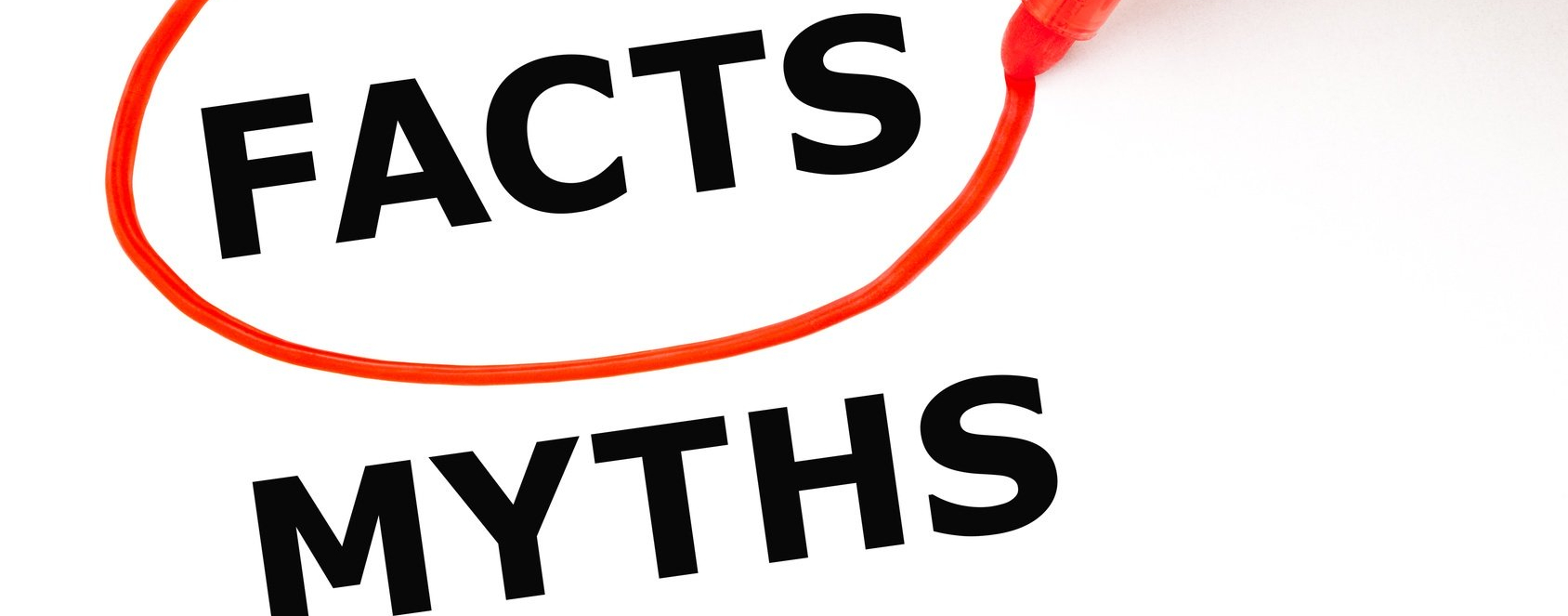By Juhn, IvyWise Medical School Admissions Counselor
Your personal statement for medical school is simply an opportunity for you to convey to an admissions reviewer: Why medicine? Remember, medicine is a helping career, and you will want to communicate what is unique about being a physician that you feel that you cannot find the same satisfaction in other helping professions such as a teacher, firefighter, minister, or counselor.
For many students, realizing that becoming a physician is the right career for them is often a result of several different life experiences, discussions, or in some cases, coincidences. Because of these various influences, an individual’s personal statement should inform a reviewer of the reasons why they are pursuing medicine as a career. It can be due to overcoming or experiencing a personal health issue or witnessing a family member or close friend experience health issues. Applicants can choose to discuss their interest in medicine as a result of research experiences that have inspired them to pursue medicine or the social/economic impact of medicine, such as the most recent global impact of COVID-19. Perhaps you want to pursue medicine because of social justice reasons or that you want to make a global impact. Just remember that the most important word of the personal statement is “personal,” and reasons for an individual pursuing medicine are as abundant as a starry night.
Draft, Then Craft
The personal statement might be the most challenging part of your medical school application because you have to limit your story to approximately 3,500 characters. Because of this, most applicants will write 10-12 drafts before arriving at their final version. If you have writer’s block, give yourself enough time to tackle the personal statement. There may be times where you feel overwhelmed, so you must have the space to walk away, give your brain a break, and come back later feeling refreshed. You could also try free writing, which is where you write down your thoughts without attention to grammar or spelling. Once you have written down your thoughts, you can then return and edit your statement.
Also, limit the number of people who you ask for feedback. If you give your statement to 10 individuals, you will receive 10 different opinions, which can cause a great deal of confusion for you. Share your statement with a few people who can be brutally honest with you. Consider sharing your statement with someone who does not know your story very well. If they raise questions or are unclear about how you developed an interest in medicine, chances are a reviewer might feel the same way.
Be True to Yourself
When writing your personal statement, it is not a time to take risks. Some applicants believe that they will “stand out” by writing their personal statement as if they are writing the next Harry Potter book. Rarely does this flowery or narrative style translate in your personal statement. Reviewers are not reading for pleasure but rather, it is their job, and they need to review a significant number of applications as quickly as possible. So, do your best to clearly describe why you have chosen medicine and avoid making the reason or reasons convoluted. Additionally, avoid using language you do not use in your everyday conversations in order to sound ‘smart.’ The reality is that your academic record is available to a reviewer who can view your academic success over several years, and that will be what speaks for your intellect.
When writing your personal statement, be reflective and insightful. Think about the challenges in your life that you have had to overcome and how those experiences have helped you grow into who you are today. This kind of critical thinking sticks out in the admissions process.
In summary, the personal statement should provide a reviewer context to your educational experiences. The reviewer should be able to understand how you became interested in pursuing medicine, the experiences that have led you to pursue this career, and why you feel this career is a good fit for you. The personal statement will inform the reviewer why your GPA or MCAT score might not be at the levels that you expected because you were a working student, participated significantly in various activities, experienced a death in your family, or you might have been a student-athlete. So, do your best to write a personal statement that is straightforward, clear, frank, and to the point.
At IvyWise, our team of former medical school admissions officers works with applicants through every step of the med school admissions process, including brainstorming and identifying compelling personal statement topics, providing feedback on essay drafts, and more. Contact us today for information on our medical school counseling services and check out our KnowledgeBase for additional medical school information and application tips!




